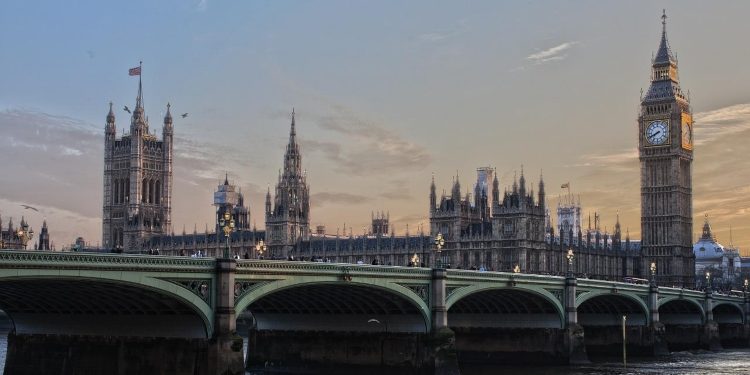The gambling industry is one that is always changing. With the shifting of moral and ethical frameworks over the years, the regulation of the industry is constantly being updated to reflect our most current sentiments. This is just as true now as it ever was, and more and more changes are being brought into effect with the gambling industry. There are many changes coming in the next few years that will have a profound impact on how gambling in the UK works.
Today, we’re going to look at a few of the biggest changes that we can expect from the industry in the future, in terms of how they are regulated. Let’s get started.
1. VIP status
One special feature which betting sites have offered in years past is VIP status for some of their loyal customers. This comes with a host of benefits, and like any industry, loyalty programs are a great way to reward customers while simultaneously incentivising them to stay with the current operator.
While these programs are not under threat of being entirely removed, they are due for a shakeup. Operators are, in future, going to be required to take greater steps to make sure the recipient of the VIP status is in a firm financial position.
This seeks to reduce the harm to people who are at risk of problem gambling by offering them further incentives. Problem gambling is a big problem in the U.K., with the average problem gambler being around £10,000 in debt before they look for help. Anything to reduce this problem is a great move for gambling regulation.
2. Advertisement
Historically, one of the major areas of regulation within the gambling industry is how they are allowed to advertise. This has always been a major point of contention between operators and regulators. And there are more changes coming to how operators can advertise in the near future.
Operators are, broadly speaking, expected to advertise in a socially responsible way. Naturally, this changes from time to time. For example, as it stands at the moment, during most televised sports events, viewers will see an ad around once per ten seconds.
Upcoming changes to the law will mean that the frequency is far less than this in the future. Regulators hope to reduce the impact of gambling advertising on general events with large viewership, especially large football events like the Premier League.
3. Sponsorships
The regulators do have a particular eye on the Premier League and the EFL, too. As things stand, close to half of all Premier League football teams in the UK are sponsored by betting companies. This means they wear the company’s logo on their shirts during games, as well as run advertising campaigns and other things for the company.
Future regulations potentially suggest that this will no longer be allowed. Football teams will no longer be allowed to take sponsorships from betting companies. This would mean no endorsements or other such marketing from the team about the operator. These rules would apply across the board of UK football, from the biggest Premier League teams to the smallest EFL leagues.
As you might imagine, these sponsorships have been hugely beneficial for the operators, and have made the teams a lot money, too. Teams like Stoke who receive sponsorship from bet365 will no doubt lose out on significant sums if this is banned. This would be a significant change to the way things are run, and would have wide implications for betting in the UK.
4. Stake limits
One of the great areas of contention in betting regulation has been stake limits. They have, for a long time, been an area that many have called to change. Fixed odds games on online betting sites are under pressure to adopt stake limits, to prevent problem gambling and excessive betting on single bets.
As things stand today, these stake limits only apply to physical machines in land-based casinos and bookmaker shops. The plans are to bring these regulations forward to online betting games, too, since the online fixed odds betting games present just as bad, if not a worse problem, than physical betting machines.
The current stake limit in physical betting environments is £2. This, too, would be introduced to online fixed odds betting. For other types of games, there would also be a stake limit of £100.
This would be a big and concrete change to the way online betting works in the UK.
Whatever you think about the regulatory bodies that govern different industries, it’s very clear that the gambling industry needs to be kept in check. While we all love a good bet here and there, problem gambling can become a huge problem for society. Curtailing the visibility of betting companies in the public sphere is how we might view the broad strokes of these upcoming changes to the industry’s regulation, and it is largely for the better.
David Prior
David Prior is the editor of Today News, responsible for the overall editorial strategy. He is an NCTJ-qualified journalist with over 20 years’ experience, and is also editor of the award-winning hyperlocal news title Altrincham Today. His LinkedIn profile is here.













































































